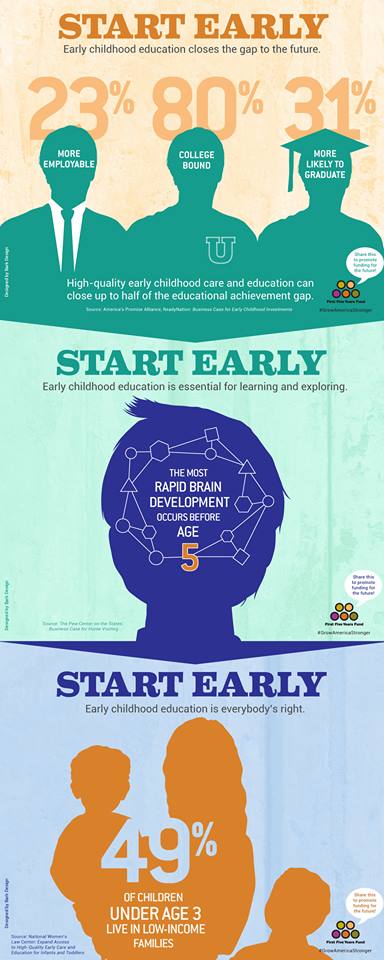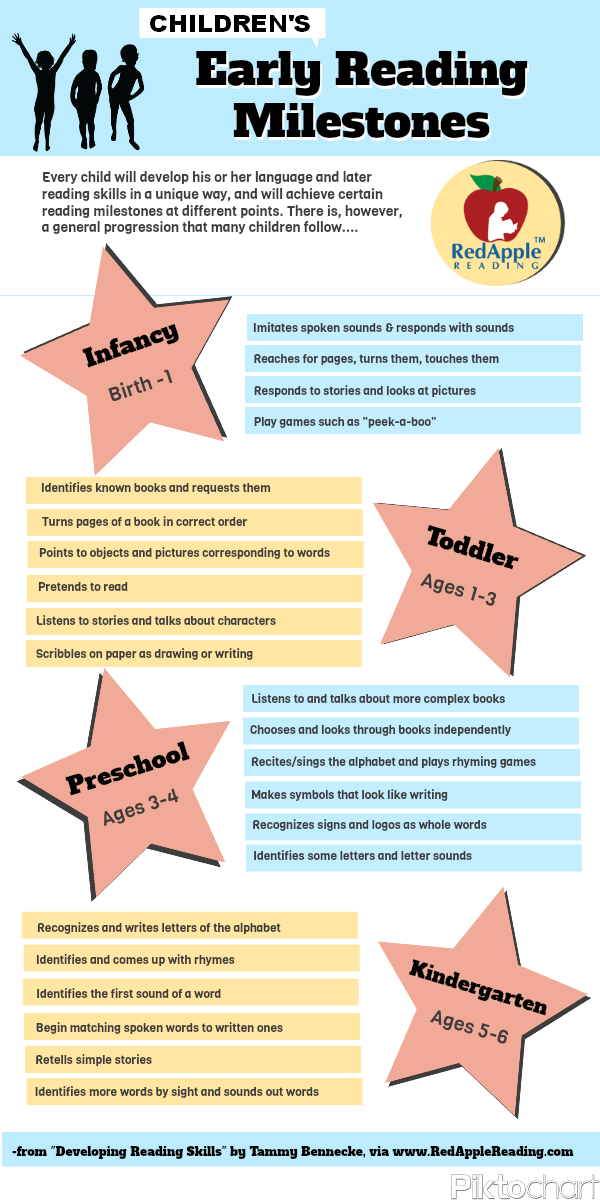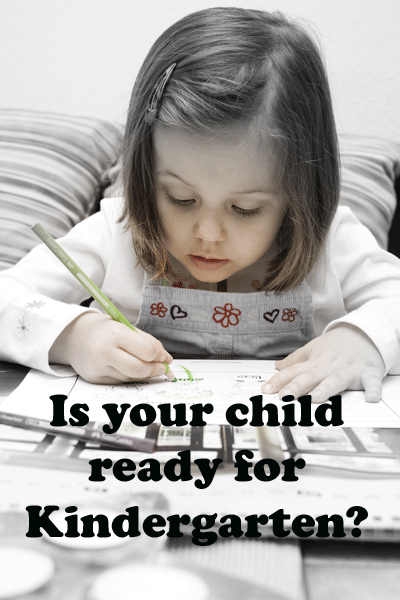Developmental Milestones: Is My Child Ready for Kindergarten?
Preparing for kindergarten is about more than getting that first pair of gym shoes or new box of crayons. There are several communication developmental milestones that preschoolers and those kids entering kindergarten should reach in order to make those early education years as smooth as possible. Communication is comprised of three general tools:
- Voice – the actual vocal sounds made when air moves from the lungs
- Speech – talking by using coordination between muscles, the jaws, lips, and other parts of the oral region
- Language – a common set of rules that let you express your ideas and feelings, and that can occur through writing, sign language, singing, speech, and non-verbal communication
Preschool Communication Developmental Milestones
The preschool years can look very different for each child, because gender, home environment, and individual development can vary. However, there are several developmental milestones that kids should experience during these years that will better prepare them to enter kindergarten ready to learn even more.
Today preschool is more than just the single year before kindergarten – some kids are entered into preschool programs during what used to be considered just the toddler years. In general, 3 to 5 year-olds make up the average preschool population. Whether your child is formally entered into preschool or you are enjoying those years together on your own at home, there are stages of communication growth that typically occur.
- By ages 3 and 4, most people outside of the family unit should be able to understand the speech
- Oral directions of several steps or more can be followed, as well as given
- Time holds meaning (Tomorrow we will visit Grandma.)
- Remembers stories and tells more complicated stories
- Can speak most sounds clearly (except for perhaps s, l, r, ch, sh, or th)
- Understands the idea of rhyming and can name rhyming words
- Can name most, if not all, of the letters and numbers up to 20
- Should be asking questions: Who? What? When? Where? Why?
- Uses verb tenses correctly most of the time (walked to the park yesterday)
- Uses possessive forms of nouns (Mommy’s purse)
- Uses adjectives to appropriately describe things (colors, sizes, shapes, etc.)
- Fine motor skills are growing so that holding pencils and crayons is easier
- Shows interest in written materials (“reads” books by looking at pictures and begins to recognize simple words such as his own name)
Kindergarten Communication Developmental Milestones
The gateway between the preschool years and kindergarten can feel much larger than just a transition from one year to the next. Kindergarten communication developmental milestones mark the journey of formal education, and there are many skills and tools of communication that should be further developing during these years.
- Can spell and print his own name
- Can print letters to form words (does not have to master spelling)
- Draws pictures to emphasize points and ideas that go along with words, stories, or ideas
- Is engaged with books by listening to stories read aloud and following along with pictures
- Begins to recognize simple, high frequency words
- Can make predictions about what will happen next
- Participates in conversations with complete sentences and ideas
- Begins to understand idioms used in conversation (it’s raining cats and dogs) and other word games
- Understands opposites and the idea of groups or categories
- Maintains eye contact during conversations
- Asks questions that require more than a yes/no answer
- Answers questions with more than a yes/no response
- Can begin to match spoken words to written words (or word/picture combinations)
- Begins to understand and identify individual word sounds (i.e. the first sound of “bat” is “buh”)
Kindergarten and the progression into first grade are often the years during which communication development milestones mark a transition from simplistic to more thoughtful ideas and ways of expression. Parents should see continued growth in all of those areas of language – voice, speech, and language – as well as fine and large motor skills. Some of these milestones are affected by environment, outside stressors, or perhaps cognitive or behavioral impairments. If you are concerned that your child is not on track for healthy development, be sure to speak with a healthcare or education professional.





